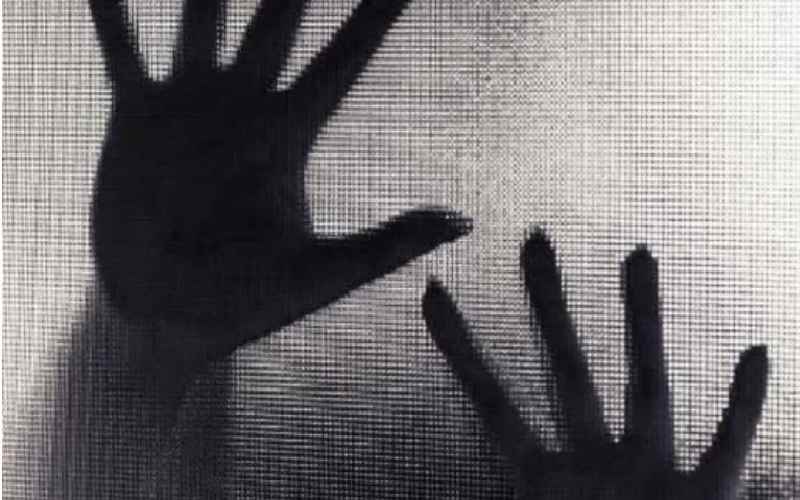×
The Standard e-Paper
Home To Bold Columnists

Jaki Mathaga from Authors Dream Autism Trust Foundation says suspects with intellectual disability need to be assessed for the ability to stand trial as intellectual disability is not the same illness.